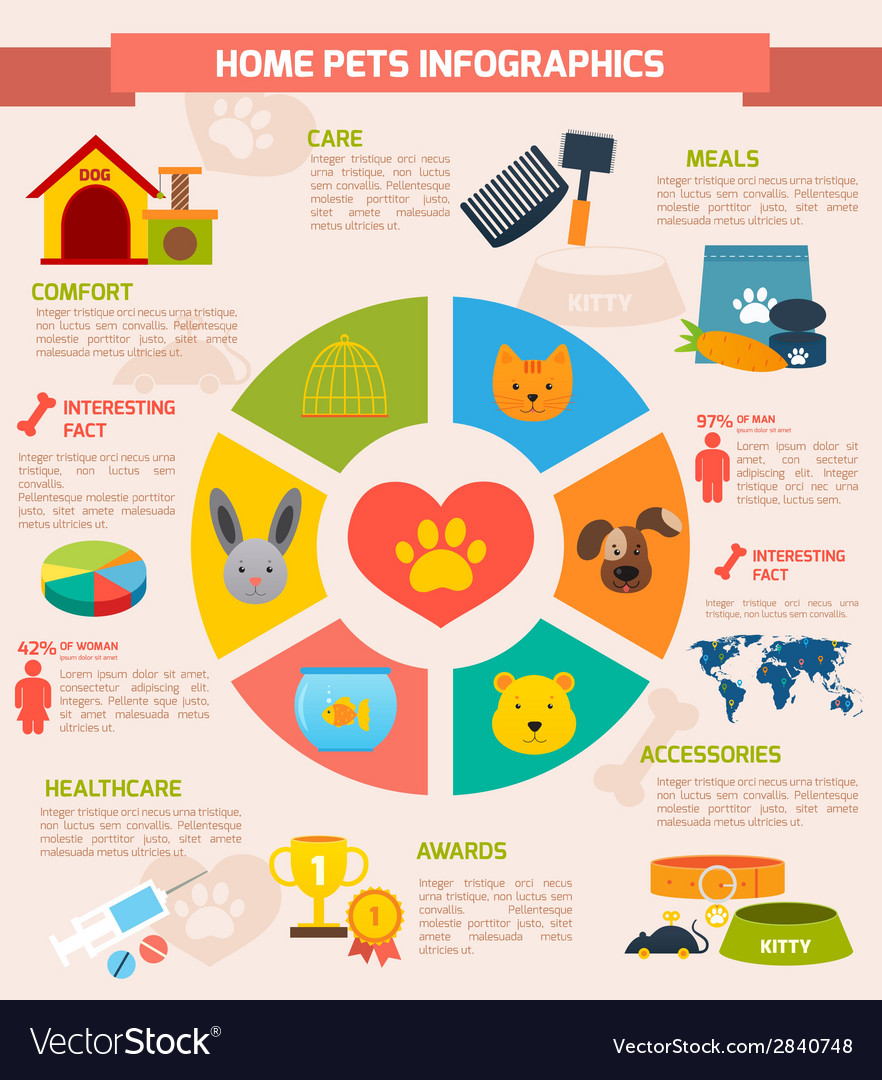Dog Daycare Industry Growth
Dog Daycare Industry Growth
Blog Article
Can Canine Day Care Cause Illness?
Opportunities are that if your canine is frequently exposed to various other pet dogs, even if they're correctly immunized, they might get home with some sort of health problem. Vaccinations, normal veterinary checkups, and excellent hygiene techniques can lessen risk variables for infection and illness.
Stressed or anxious dogs can develop gastrointestinal issues and various other wellness concerns that are quickly spread out in between pet dogs. Developing age limitations and behavior policies can assist make sure that just healthy and balanced pet dogs enter your center.
Distemper
Canine distemper is a significant and usually deadly infection that strikes a pet's respiratory system, digestive system, skin and body immune systems. Pups are particularly prone and can acquire the disease through straight contact with a contaminated pet or with the airborne transmission of virus particles produced during coughing, sneezing or taking a breath.
The incubation duration for canine distemper is in between 3 and 7 days. While pups at daycare might seem to catch parvo from another infected dog, it's not likely given that the incubation duration is so brief.
While there is no remedy for canine distemper, helpful care can assist canines recover. This includes liquids, anti-biotics and drugs to manage seizures. The Drake Center for Veterinary Treatment notes that signs and symptoms include runny eyes and nose, looseness of the bowels, throwing up, anorexia nervosa and neurological issues such as twitching and tremors. Pups require a full vaccination series and annual boosters to secure them versus this disease, which is why reliable doggie childcare facilities need up-to-date inoculations.
Kennel Coughing
Kennel Cough (Pooch Contagious Tracheobronchitis) is a highly transmittable top respiratory condition brought on by germs and viruses. It spreads out with airborne beads from a coughing or sneeze, direct call, and sharing of polluted objects such as playthings or water bowls. It is native in places where many pets are housed close together, such as kennels, canine parks, grooming salons and programs. A number of vaccines are readily available to secure against the virus that trigger kennel cough, and correct health practices can aid avoid infection.
The classic signs and symptom is a dry, hacking cough comparable to that of a goose honk, and many pets recuperate with little intervention. Nonetheless, serious cases can cause pneumonia, and young puppies or dogs with pre-existing health problem are at greater danger for complications. To accelerate recovery, make use of a harness instead of a collar while your pet is recuperating to avoid irritability to the windpipe. A humidifier may additionally help to dampen the air and avoid completely dry coughing.
Parvovirus
Parvovirus (CPV) is a severe disease in pets. It is similar to feline dog boarding kennel panleukopenia (feline distemper), yet it's a lot more fatal and can spread out rapidly amongst canines as a result of its incredibly resistant nature.
This virus strikes the digestive tract cellular lining of a pet dog, damaging it and triggering microorganisms to dismiss into the blood stream. The weakened body immune system and overwhelming germs lead to septic shock, which is normally fatal.
Luckily, veterinary healthcare facilities offer efficient treatment for parvovirus. These drugs are offered directly right into a patient's bloodstream and targeted in the direction of the particular pressure of parvovirus. This treatment technique is very effective and assists re-train the immune system to combat off the infection. Pets with severe signs are commonly hospitalized for several days for tracking and extensive care to guarantee their survival. Puppies, unvaccinated pets and dogs with weak body immune systems are specifically vulnerable to parvovirus. This is specifically true for puppies birthed to roaming mothers and shelter settings, where they are exposed to numerous various other unwell and vulnerable pet dogs.
Pooch Influenza
Dog flu (CIV) is a contagious breathing condition that can be brought on by dogs sharing polluted surface areas or direct contact with respiratory secretions. CIV spreads quickly in settings where there are high numbers of canines, such as pet dog parks, childcares, grooming facilities and veterinary facilities.
Contaminated dogs shed the infection via aerosol respiratory droplets when coughing or sneezing, and may pollute things they enter into contact with like cages, toys, food bowls, leashes and the hands and clothes of individuals who handle them. Pet dogs can additionally be "silent carriers" spreading the infection without revealing any symptoms themselves.
Signs of canine flu consist of nose and eye discharge, coughing, fever, loss of appetite, and weakness. The infection can advance to pneumonia, which can be deadly in some pets. PCR viral testing is available for confirmation of infection. Ideally, samples (normally deep nasal or pharyngeal swabs) for PCR screening need to be collected within four days of the onset of medical indications.